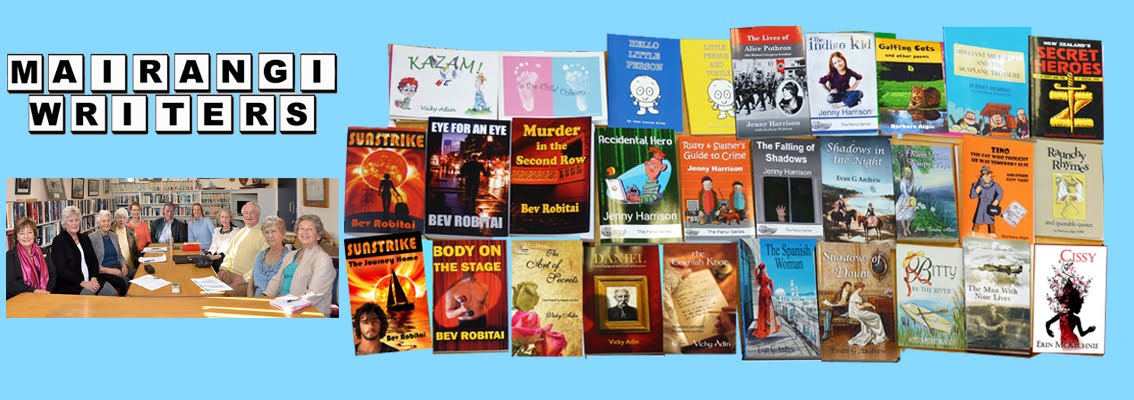Is social media marketing simply a distraction from other, more productive activities, or does it work to move books?
You may have wondered this from time-to-time. There seems to be little correlation between your number of Twitter followers and your sales figures.
Most authors are not good marketers. We seem to either over-enthuse about our books, to the point we drive people away, or we are so meek we barely mention ever having written a book. We think to ourselves, isn’t that the kind of thing my 2,500 fans ought to know?
Since we aren’t terribly well-versed in the dark arts of sales and marketing, it is easy for us to believe we are doing it wrong. That can also make us vulnerable to all sorts of bad advice and outright scams.
Brandon Mendelson is the author of a top-selling book critical of social media as a marketing tool. Brandon says, “I applied everything Gary Vaynerchuck, Chris Brogan, Scott Monty, Guy Kawasaki, and others were saying and found nothing worked.” You can find an excellent interview of Mendelson HERE.
He characterizes the social platforms as tools—neither inherently good nor bad, but confirms it is incredibly difficult to track ROI, despite representations to the contrary by any self-proclaimed expert.
Further complicating the issue is that two of the top selling authors of 2012 did not invest much time in social media at all. If authors can reach those kinds of sales figures without engaging on social media at all, how important could it possibly be? See HERE for an interesting interview of Gillian Flynn’s literary agent, Stephanie Rostan.
Because return on investment is so difficult to determine, it is quite impossible to say with any conviction whether Ms. Flynn’s book would have done even better with a concerted social media campaign, or whether those who attribute their success to specific SM efforts may have done as well regardless.
If all your marketing eggs are in the social media basket, that’s probably a mistake, but that doesn’t mean SM marketing is a total waste of time. I would wager dollars to navy beans that some of your sales to people in far-away places are the direct result of connecting with those people through the medium of an internet platform.
Unfortunately, the law of diminishing returns applies here. Doing a lot more on social media may not yield a return that justifies the extra cost in time and effort. Those numbers are different for each of us. There is no universally-applicable formula.
What authors are after is book buzz—that rare confluence of energies that can catapult a book from obscurity to success. To even have an opportunity, a book has to have exposure. Obviously, the use of social media provides some exposure, but SM is still only a single element of an overall marketing strategy.
We’re all out there looking for the one thing that works to generate that buzz. In doing so, we often make assumptions based on data that are partial at best, or inherently flawed at worst.
In a sense, marketing a book is like fishing. The results may vary wildly from day-to-day. A spot that yielded good results once produces nothing the next time. The sparkly vampire lure somebody used to catch that trophy fish doesn’t work for you at all. Some days you catch a few and some days you don’t even get a nibble. Every once in a while, somebody who doesn’t know a thing about fishing and who is doing absolutely everything wrong gets a big strike. It can be frustrating when people are having great luck upstream and downstream from you if you’re having no luck at all.
If the analogy holds for you, do what fishermen do. If the customers aren’t biting, change lures, change fishing holes, change the time of day you fish. If facebook seems fished out to you, drop your line in Lake Twitter, Pinterest Cove, or the Gulf of Goodreads. There will be days you’ll come home empty-handed. The way to succeed may not be clear, but it helps if you’re out there trying.
